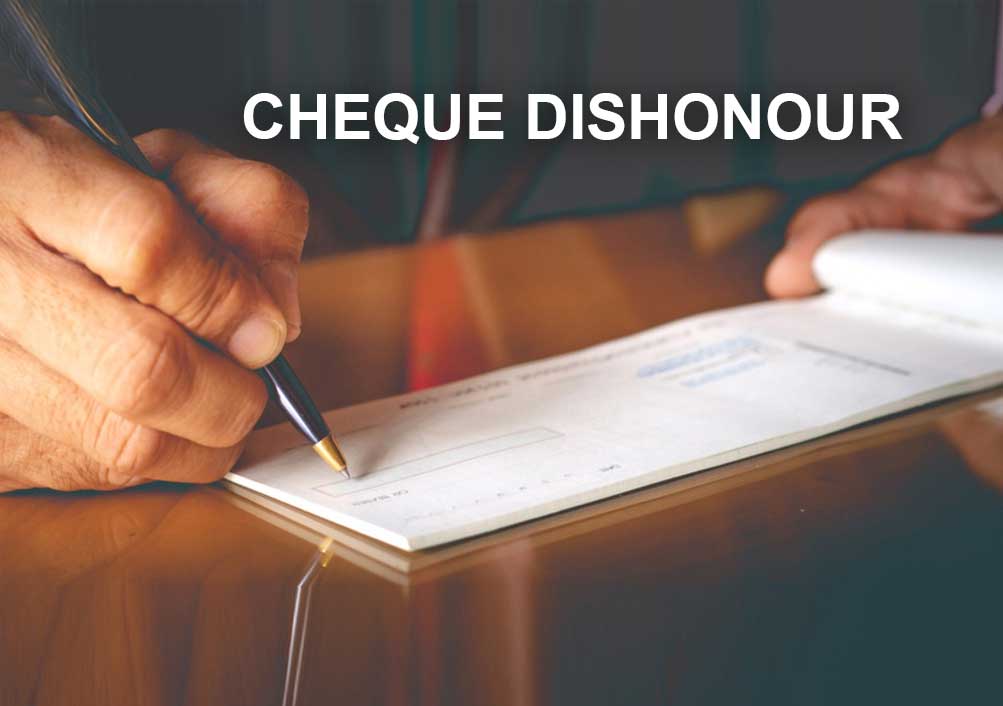Magistrate can impose reasonable amount of compensation payable to complainant in cheque dishonour cases, reiterates Delhi High Court

Read Order: Sanjay Gupta vs. State & Another
Pankaj Bajpai
New Delhi, March 29, 2022: Dismissing a Revision Petition filed by the revisionist-accused based on the conclusion that the accused had failed to attribute the reason for dishonour of cheque issued by him when presented for encashment by the complainant, the Delhi High Court has opined that once issuance of a cheque and signature thereon are admitted, presumption of a legally enforceable debt in favour of the holder of the cheque arises.
The Bench of Justice Rajnish Bhatnagar observed that it is for the accused to rebut the presumption, though accused need not adduce his own evidence and can rely upon the material submitted by the complainant, however, mere statement of the accused may not be sufficient to rebut the said presumption.
Going by the background of the case, the second respondent had filed a complaint u/s 138 of NI Act against the revisionist stating that the revisionist had taken a friendly loan of Rs. 4,80,000 from the respondent for a period of one month. The revisionist issued the cheque drawn on Kotak Mahindra Bank for the said sum in favour of the respondent.
When the said cheque was presented for encashment by the respondent, it was returned by the banker with remark “fund insufficient.” Thereafter, the respondent issued legal notice calling upon the revisionist to make payment of the cheque amount within 15 days of the receipt of the legal notice. However, no payment was made within the stipulated period which resulted in the filing of complaint u/s 138 of NI Act.
Thereafter, the Metropolitan Magistrate (MM) convicted the revisionist u/s 138 NI Act and sentenced the revisionist to simple imprisonment for three months and fine of Rs. 7 Lakh to be paid completely as compensation to the respondent. On appeal, the ASJ modified the sentence to the extent that a fine of Rs 7 lakh shall be paid as compensation to the second respondent and if the said fine was not paid within 4 weeks, the revisionist shall undergo simple imprisonment for three months. Hence, the present revision petition was filed
After considering the submissions, Justice Bhatnagar observed that the Negotiable Instruments Act provides sufficient opportunity to a person who issues the cheque.
Once a cheque is issued by a person, it must be honoured and if it is not honoured, the person is given an opportunity to pay the cheque amount by issuance of a notice and if he still does not pay, he is bound to face the criminal trial and consequences, added the Single Judge.
Justice Bhatnagar further noted that while imposing sentence on the accused after his conviction, it is to be kept in mind that the sentence for offence u/s 138 of NI Act should be of such nature as to give proper effect to the object of legislation and no drawer of the cheque can be allowed to take dishonour of cheque issued by him light heartedly.
Referring to judgments of the Apex Court in Suganthi Suresh Kumar vs. Jagdeeshan, Appeal (crl.) 65-66 of 2002 and K.Bhaskaran vs. Sankaran Vaidhyan Balan, (1999)7 SCC 510, the Bench reaffirmed that the Magistrate can alleviate the grievance of the complainant by resorting to Section 357(3) Cr.P.C. wherein no limit of compensation to be awarded by the Magistrate has been mentioned and, thus, the Magistrate is empowered to impose a reasonable amount of compensation payable to complainant.
Accordingly, the High Court upheld the order passed by the Trial Court.
Sign up for our weekly newsletter to stay up to date on our product, events featured blog, special offer and all of the exciting things that take place here at Legitquest.




Add a Comment